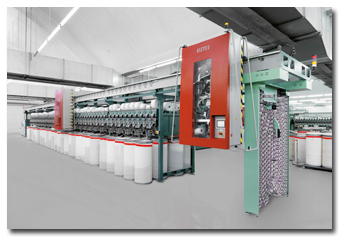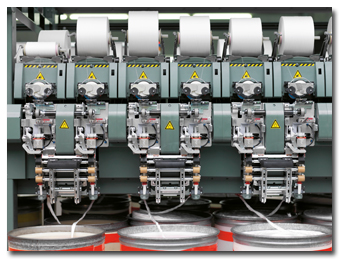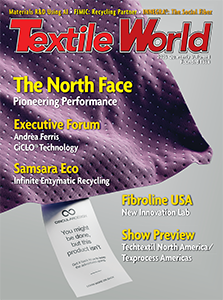WASHINGTON — September 8, 2011 — The National Retail Federation today welcomed House passage of
legislation that would extend the United States’ largest duty-free trade program for developing
nations, and expressed hope that the vote will clear the way for additional trade bills.
“This program is a win-win for both participating nations and the United States,” NRF Senior
Vice President for Government Relations David French said. “It provides economic and employment
opportunities in many poor and developing countries around the world. And by allowing U.S.
companies to import goods without paying import taxes, it increases competitiveness here at home
and helps American businesses contribute to U.S. economic growth and job creation. Eliminating
tariffs helps retailers provide consumers with products they need at prices they can afford, but it
also lets manufacturers obtain component parts at lower costs. Either way, America wins.”
“Passage of this bill is further evidence that Congress is becoming more fully engaged on
trade and wants to break down the trade barriers that have hampered economic growth for far too
long,” French said. “As an industry that supports one in four U.S. jobs and contributes nearly 20
percent of GDP, we hope this is a sign that we will see action on free trade agreements and other
important trade initiatives soon.”
H.R. 2832, sponsored by Ways and Means Committee Chairman Dave Camp, R-Mich., passed the
House on a voice vote Wednesday evening. The measure would extend the Generalized System of
Preferences, which expired at the beginning of this year, through July 31, 2013. The extension
would be retroactive, and companies would be reimbursed for import duties paid since January. The
measure now goes to the Senate.
The 35-year-old GSP program provides duty-free treatment or reduced duties for a wide variety
of products from about 130 countries around the world. Doing so saves retailers millions of dollars
annually that would otherwise have to be passed on to consumers in higher prices.
As the world’s largest retail trade association and the voice of retail worldwide, NRF’s
global membership includes retailers of all sizes, formats and channels of distribution as well as
chain restaurants and industry partners from the United States and more than 45 countries abroad.
In the United States, NRF represents an industry that includes more than 3.6 million establishments
and which directly and indirectly accounts for 42 million jobs – one in four U.S. jobs. The total
U.S. GDP impact of retail is $2.5 trillion annually, and retail is a daily barometer of the health
of the nation’s economy.
Posted on September 13, 2011
Source: NRF






